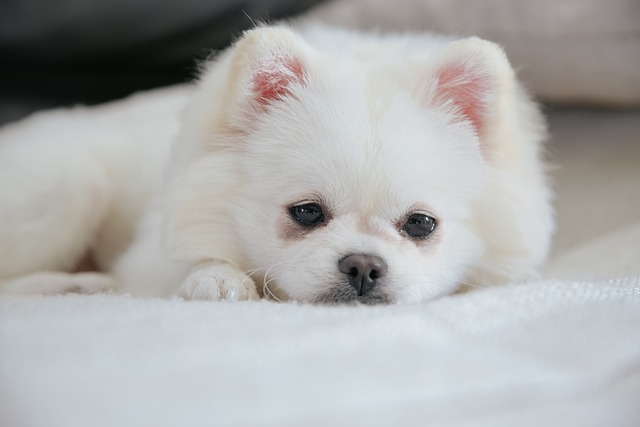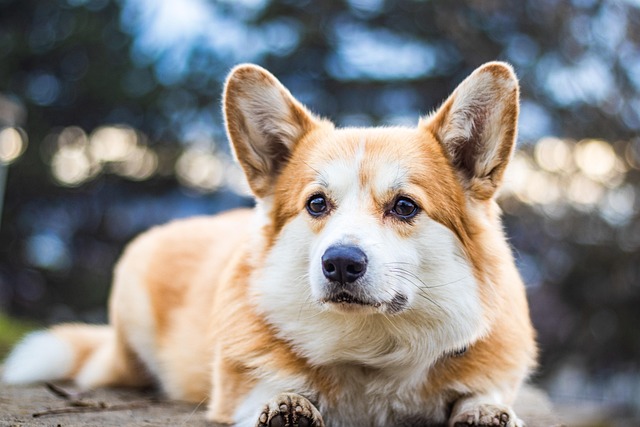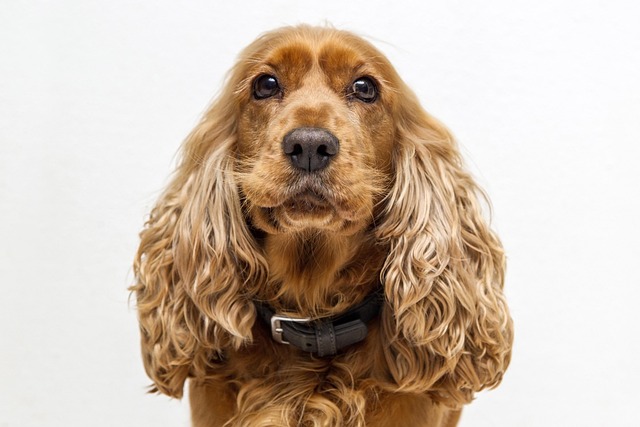Potty training is one of the first big challenges new dog owners face, and it’s natural to wonder if gender plays a role. Many trainers and vets agree there are subtle differences, but nothing that makes one gender inherently “harder” than the other. It’s more about understanding those small distinctions and adapting your approach accordingly.
Male puppies, especially small breeds, often take a bit longer to develop full bladder control. Their urge to mark territory can kick in around six months, which might look like accidents but is actually a different behavior. This doesn’t mean they’re untrainable—just that consistency with crate training and frequent outdoor breaks becomes even more important.
Female dogs, on the other hand, tend to signal their need to go more clearly. They might circle or whine more noticeably, making it easier to catch the cues early on. However, their cycles can bring temporary setbacks. During heat, some females may need more frequent trips outside, and hormonal changes can disrupt established routines.
Environment matters just as much as gender. In many areas, local ordinances require dogs to be leashed in public spaces, which affects training. Taking your puppy out on a leash from day one helps them associate outdoor time with potty breaks, while also keeping you compliant with local laws. Always carry waste bags too—failing to clean up after your dog isn’t just rude, it’s illegal in most neighborhoods.
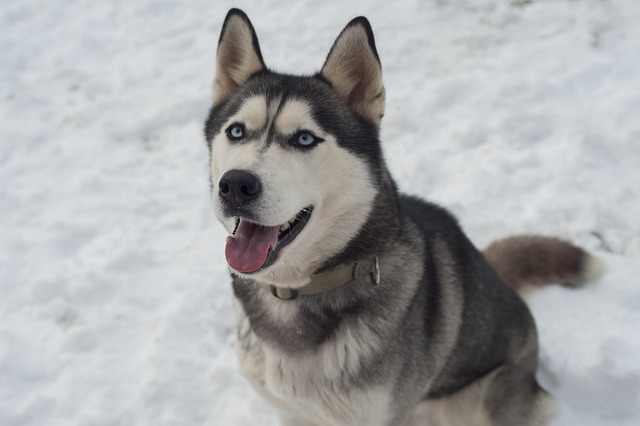 Socialization ties into potty training success too. Male dogs might get distracted more easily by other animals or new scents during outdoor trips, leading to delays in doing their business. Females can be more focused, but stress from unfamiliar situations might cause them to hold it longer than comfortable. Gradually exposing your puppy to different environments—parks, sidewalks, quiet streets—builds their confidence to potty anywhere.
Socialization ties into potty training success too. Male dogs might get distracted more easily by other animals or new scents during outdoor trips, leading to delays in doing their business. Females can be more focused, but stress from unfamiliar situations might cause them to hold it longer than comfortable. Gradually exposing your puppy to different environments—parks, sidewalks, quiet streets—builds their confidence to potty anywhere.
Consistency is key, regardless of gender. Feeding on a schedule helps regulate bathroom times, and positive reinforcement works wonders for both. A treat or excited praise right after they potty outside reinforces the behavior far better than scolding accidents. Remember, puppies under six months can’t hold it for more than a few hours, so setting a timer for trips outside prevents most mistakes.
Weather plays a role in training habits too. In colder climates, short-haired females might resist going out in the snow, while males might rush through potty time to get back inside. Investing in a warm coat for your puppy or clearing a small area of snow makes training easier during harsh months. Never force them to stay outside if they’re clearly uncomfortable—just try again in 15 minutes.
Hormonal changes are temporary but impactful. Unneutered males start marking territory around adolescence, which is different from regular potty accidents. Spaying or neutering, done at the recommended age by your vet, reduces these behaviors significantly. Always check local regulations on spay/neuter requirements—some areas mandate it unless you’re a licensed breeder.
Training tools should fit your lifestyle. Crates work well for both genders, as dogs naturally avoid soiling their sleeping space. For males, a taller pee pad holder can prevent overspray, while females might prefer a larger pad area. Avoid punitive methods like rubbing their nose in accidents—this causes fear and slows progress.
Every dog is an individual. Some males catch on quickly, while others take months. The same goes for females. Factors like breed size (smaller dogs have smaller bladders), personality, and previous living conditions matter more than gender alone. Rescue dogs, regardless of sex, might need extra patience if they weren’t trained in their previous home.
The bottom line? Neither gender is inherently harder to potty train. Success comes from understanding your puppy’s unique cues, sticking to a routine, and adapting to their needs as they grow. With time, consistency, and plenty of positive reinforcement, both male and female dogs learn to potty outside reliably.
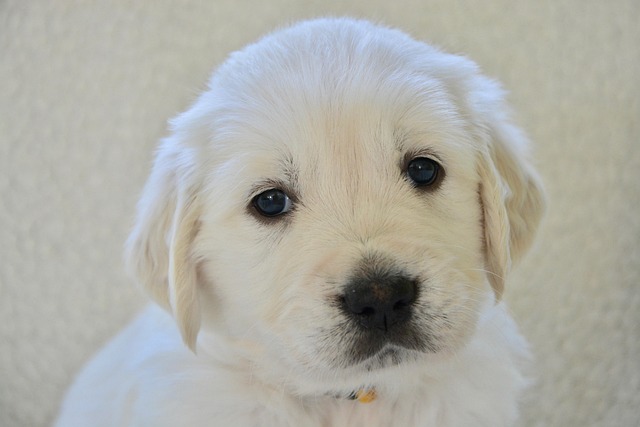
 Socialization ties into potty training success too. Male dogs might get distracted more easily by other animals or new scents during outdoor trips, leading to delays in doing their business. Females can be more focused, but stress from unfamiliar situations might cause them to hold it longer than comfortable. Gradually exposing your puppy to different environments—parks, sidewalks, quiet streets—builds their confidence to potty anywhere.
Socialization ties into potty training success too. Male dogs might get distracted more easily by other animals or new scents during outdoor trips, leading to delays in doing their business. Females can be more focused, but stress from unfamiliar situations might cause them to hold it longer than comfortable. Gradually exposing your puppy to different environments—parks, sidewalks, quiet streets—builds their confidence to potty anywhere.